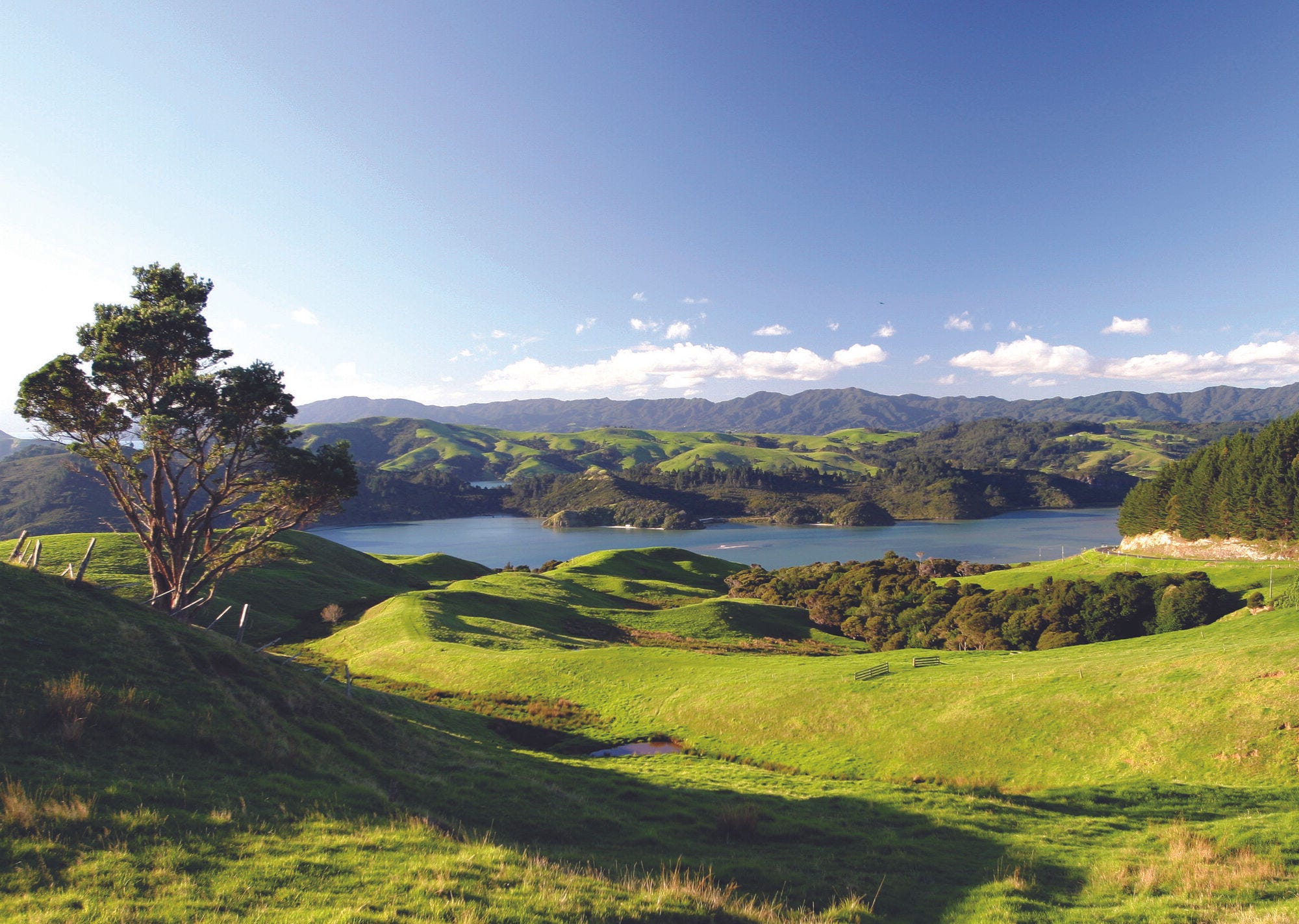This country profile features selected environmental indicators from the OECD Core Set, building on harmonised datasets available on OECD Data Explorer. The indicators reflect major environmental issues, including climate, air quality, freshwater resources, waste and the circular economy, and biodiversity. Differences with national data sources can occur due to delays in data treatment and publication, or due to different national definitions and measurement methods. The OECD is working with countries and other international organisations to further improve the indicators and the underlying data.
Environment at a Glance Indicators

Japan
Copy link to JapanContext
Copy link to ContextJapan is one of the largest economy in the world and one of the most densely populated countries. It is an archipelago of over 14 000 islands. The four main islands (Honshu, Hokkaido, Kyushu and Shikoku) represent 98% of Japan’s land area, totalling some 378 000 km2. Japan industries are globally recognised for their high-quality products and technological advances. The country is one of the largest merchandise exporters, with particularly strong performance in vehicles, machines and electronic equipment. Population and economic activities are extremely concentrated in dense metropolitan areas and along coastal plains, while two-thirds of the archipelago is mountainous and covered with forests.
Japan’s large range of latitude results in a wide diversity of flora. Vegetation ranges from subtropical to temperate and cold temperate, and even alpine. Natural forests make up about half of the total area. Complex coastlines with many bays and small islands provide Japan with an abundance of marine life. Japan is relatively poorly endowed in natural resources. It has enough resources in magnesium, gold and silver to meet its needs, but has to import a wide variety of minerals. Japan is also a very large importer of wood and wood products, as well as of living marine resources, which constitute a large share of the Japanese diet. For its energy supply, the country is heavily reliant on imported fossil fuels, in particular since the 2011 Fukushima accident, which led to a total suspension of the nuclear power fleet (which has only partially restarted).